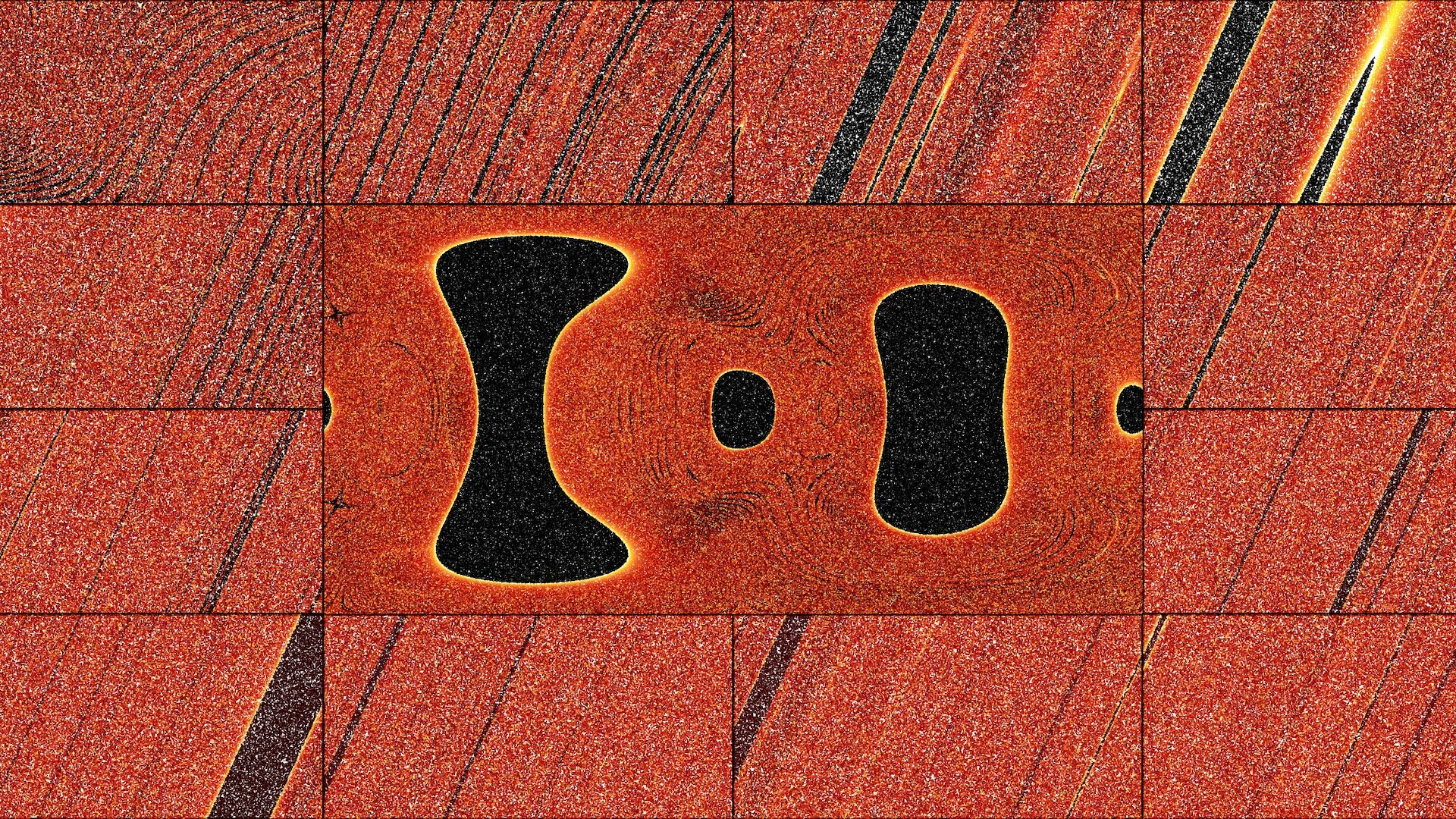
Skyler Ware
Skyler Ware is a freelance science journalist covering chemistry, biology, paleontology and Earth science. She was a 2023 AAAS Mass Media Science and Engineering Fellow at Science News. Her work has also appeared in Science News Explores, ZME Science and Chembites, among others. Skyler has a Ph.D. in chemistry from Caltech.
Latest articles by Skyler Ware
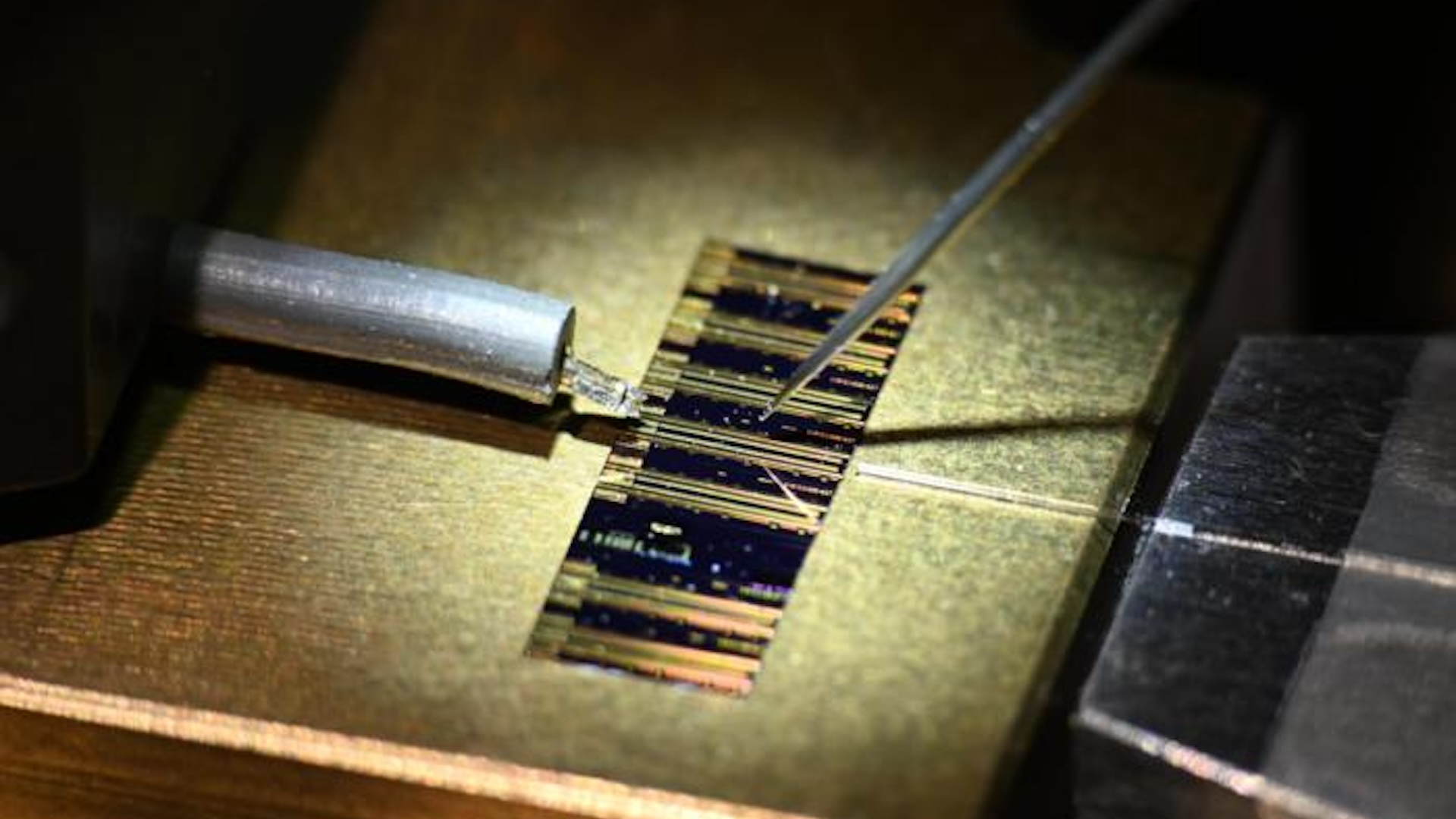
New laser-based artificial neuron processes enormous data sets at high speed
By Skyler Ware published
A new artificial neuron that spikes like human brain cells could be used to process data at ultrafast speeds.

It's tough to resist scratching an itch — and evolution may be to blame
By Skyler Ware published
A new study conducted in mice suggests that, although it's not all good, our urge to scratch at itchy skin may have an evolutionary benefit.
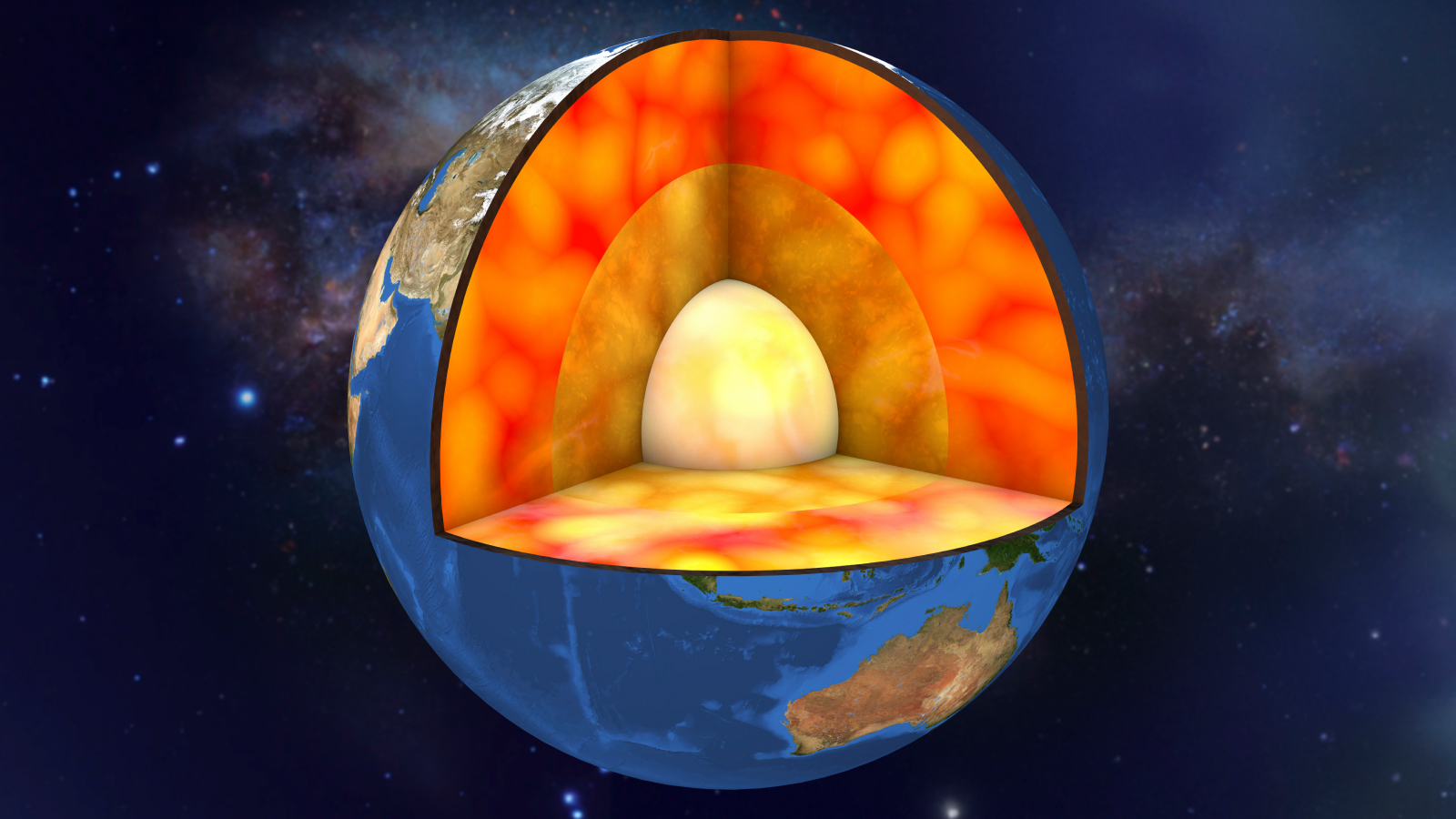
Continent-size blobs in Earth's mantle are a billion years old, ancient crystals reveal
By Skyler Ware published
Giant blobs that lurk near Earth's core are much older than scientists thought, new seismic data reveals.
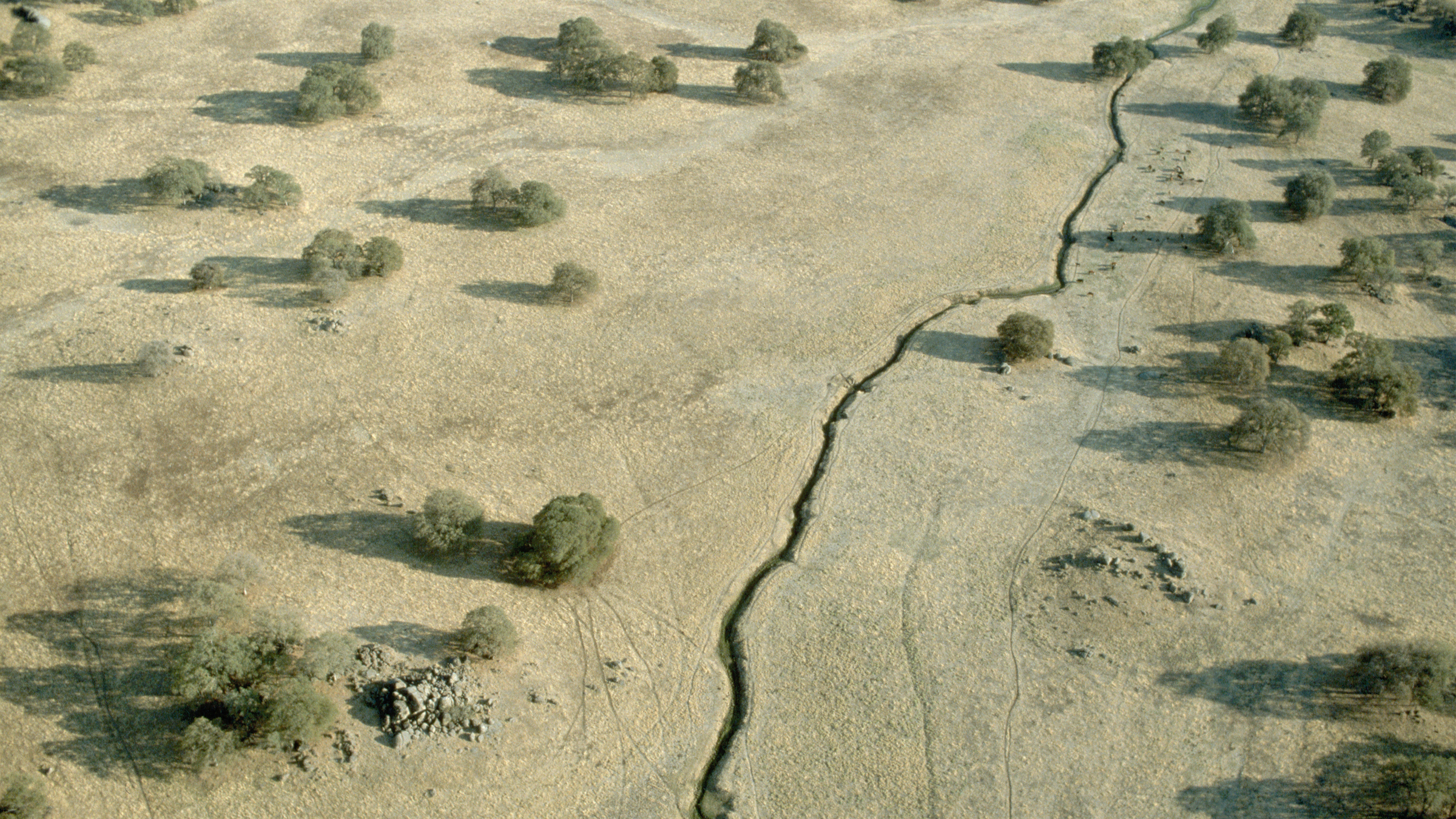
Is Earth the only planet in the solar system with plate tectonics?
By Skyler Ware published
Plate tectonics give Earth its mountains, earthquakes, continental drift and maybe even helped give rise to life itself. But do other planets in the solar system have them too?
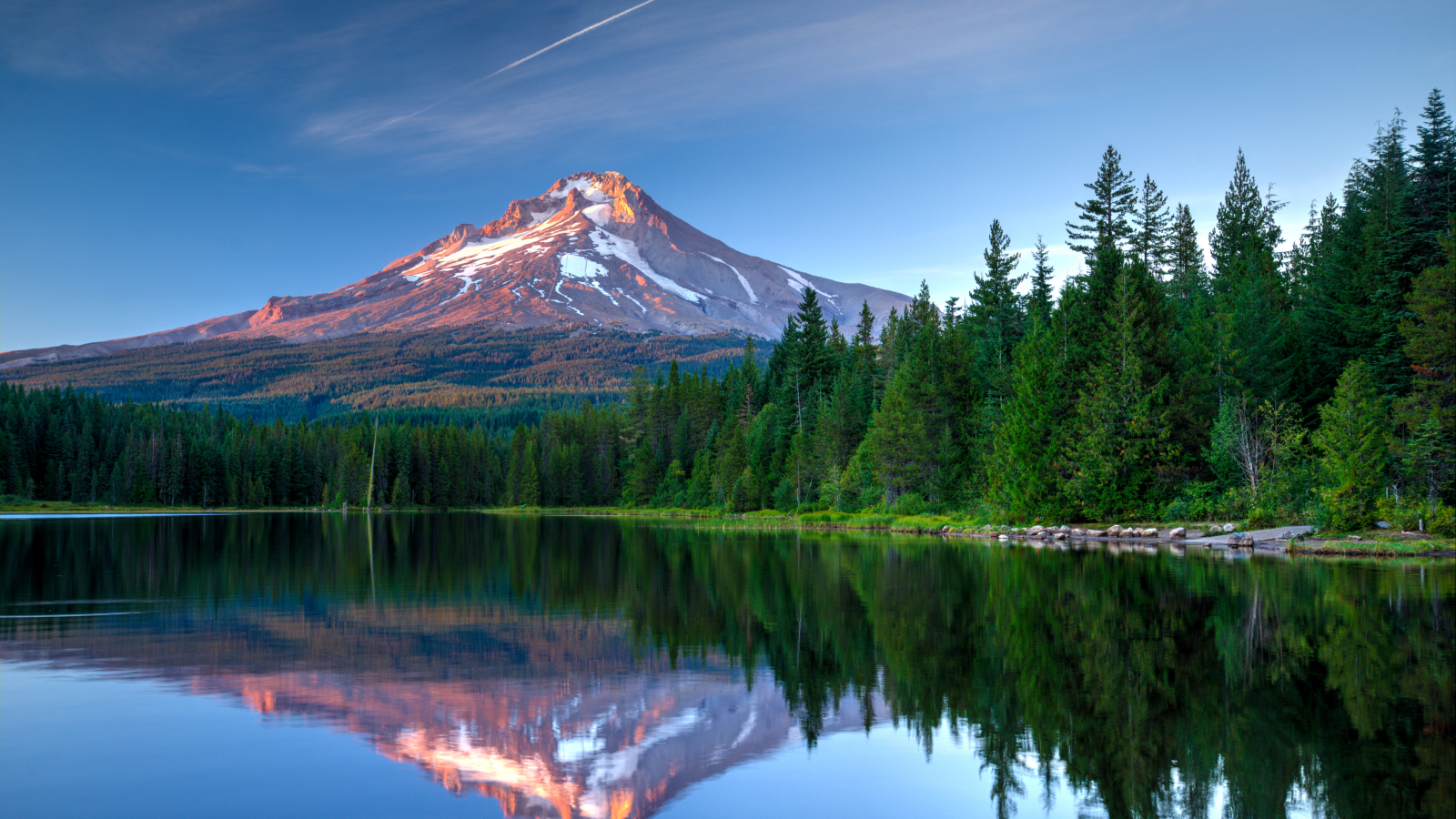
Oregon Cascades hold vast underground water reserves
By Skyler Ware published
An enormous water reservoir — likely the largest aquifer of its kind in on Earth — sits inside the volcanic rocks of the Oregon Cascades, scientists have revealed.
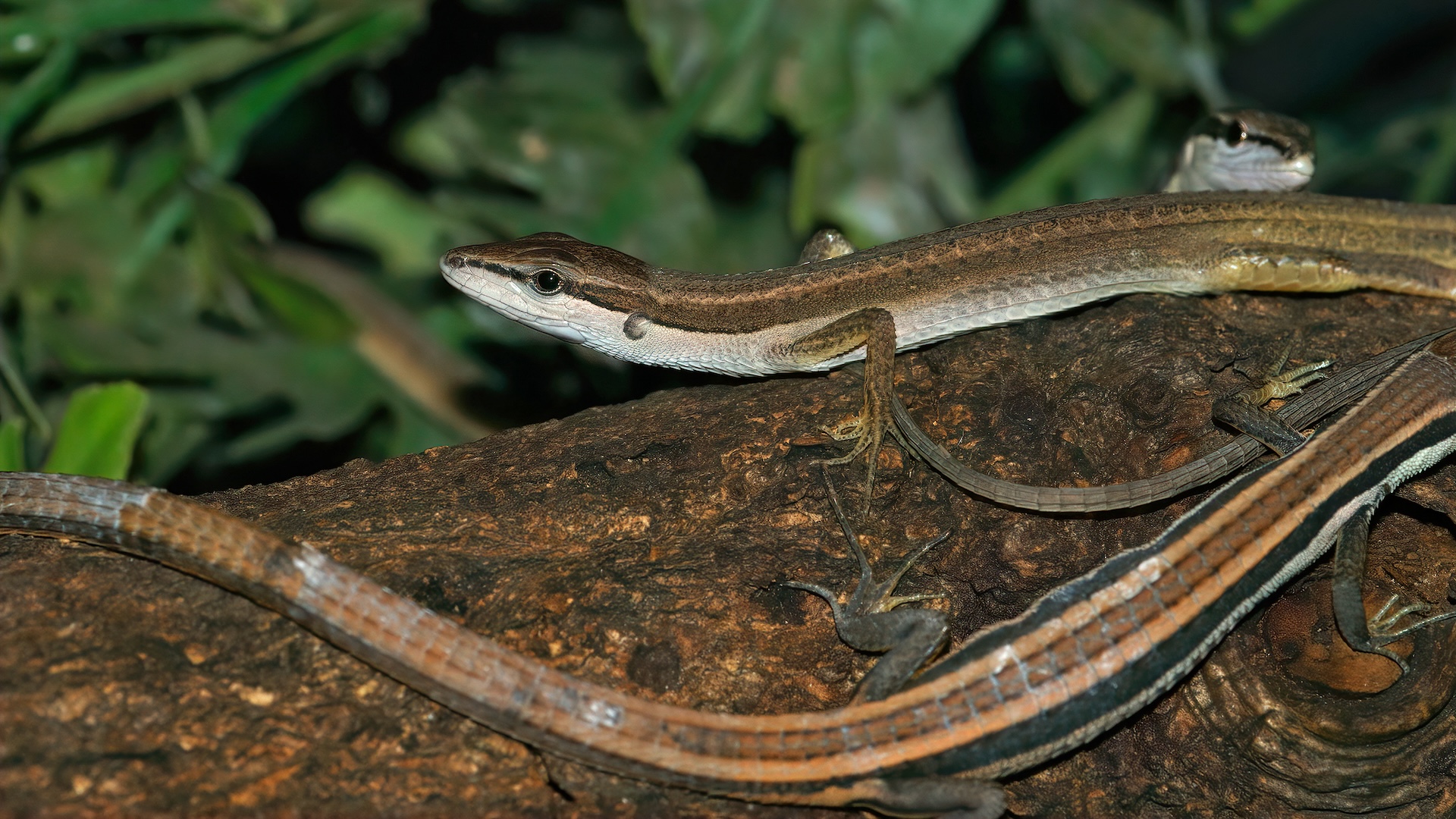
Which animal has the longest tail?
By Skyler Ware published
In terms of both absolute length and relative to body size, which living animal has the longest tail?
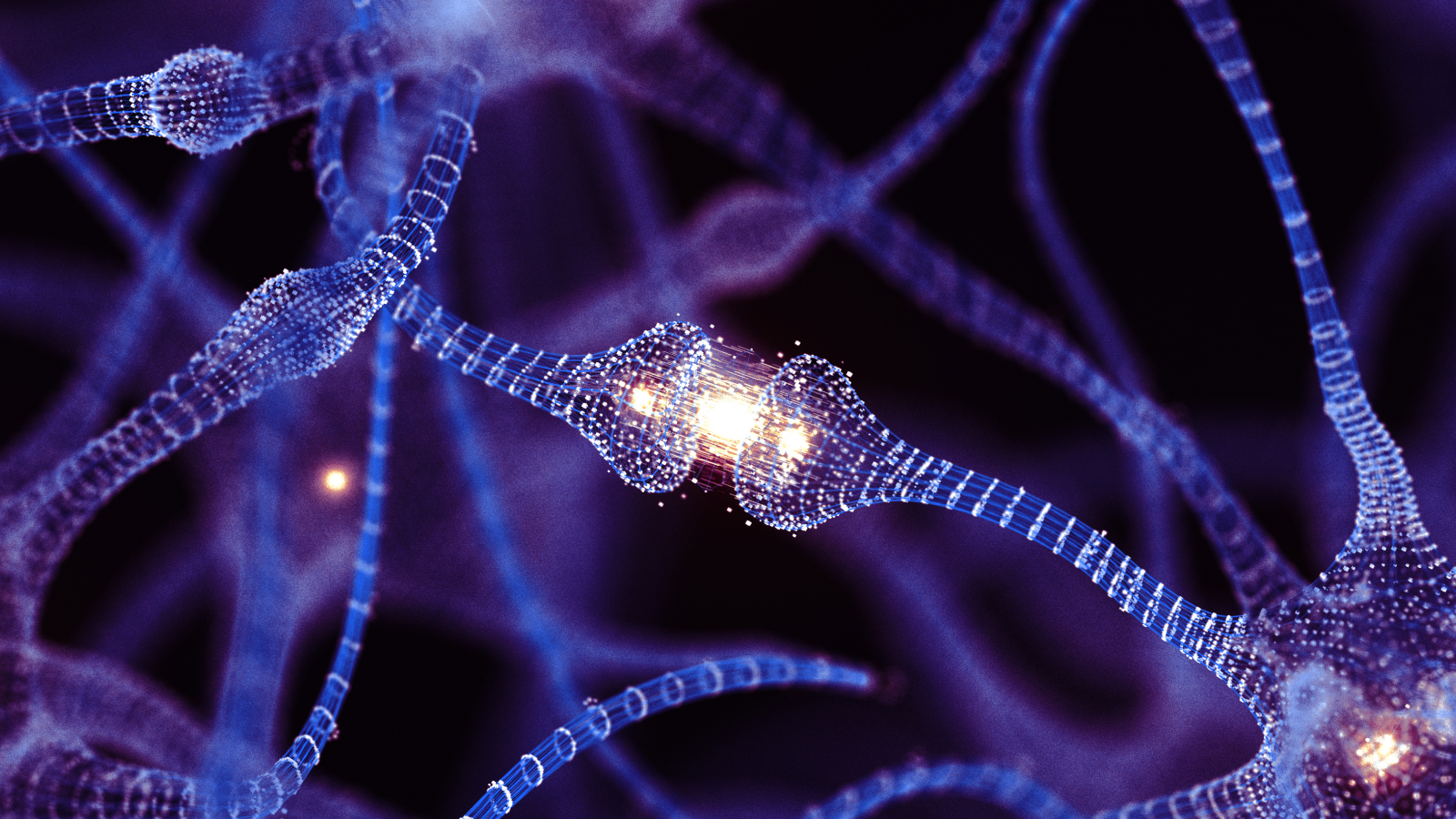
There's a speed limit to human thought — and it's ridiculously low
By Skyler Ware published
Human brains take in sensory data at more than 1 billion bits per second, but only process that information at a measly 10 bits per second, new research has found.

What's the best way to kill norovirus, the 'stomach bug'?
By Skyler Ware published
Only certain cleaners kill norovirus, a leading cause of vomiting, diarrhea and foodborne illness. Why is that?

How do DNA tests tell if two people are related?
By Skyler Ware published
How can DNA from a cheek swab determine if someone is closely related to you?

'Single crystal' electrodes could power EVs for millions of miles
By Skyler Ware published
Single crystal electrodes in lithium-ion electric vehicle batteries enable them to last several times longer than existing technology.
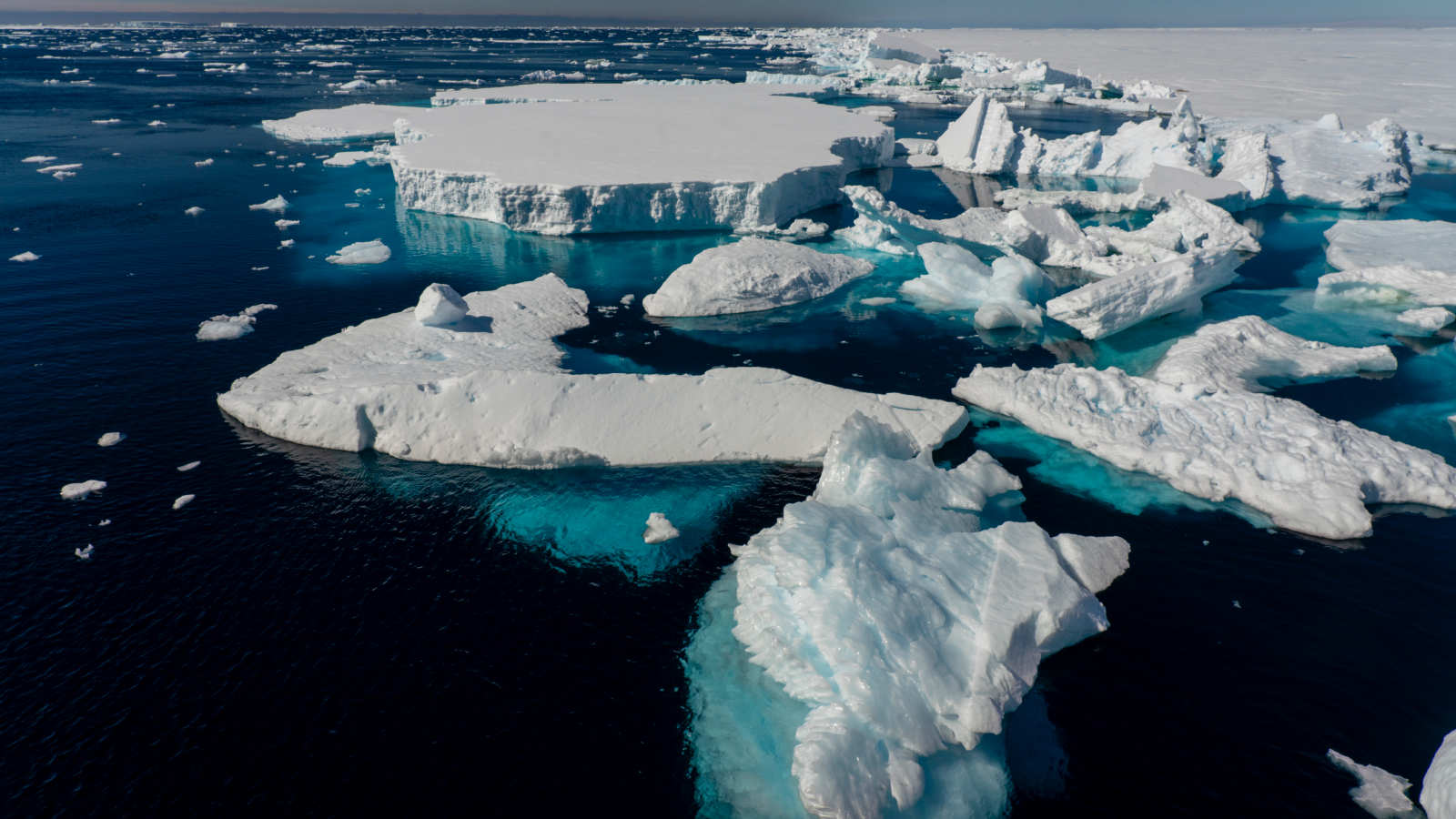
Drastic Antarctic sea ice loss could fuel extreme weather in years ahead
By Skyler Ware published
Massive reductions in Antarctic sea ice in recent years has been correlated with more stormy days in the Southern Ocean, and could have implications for vital ocean currents.
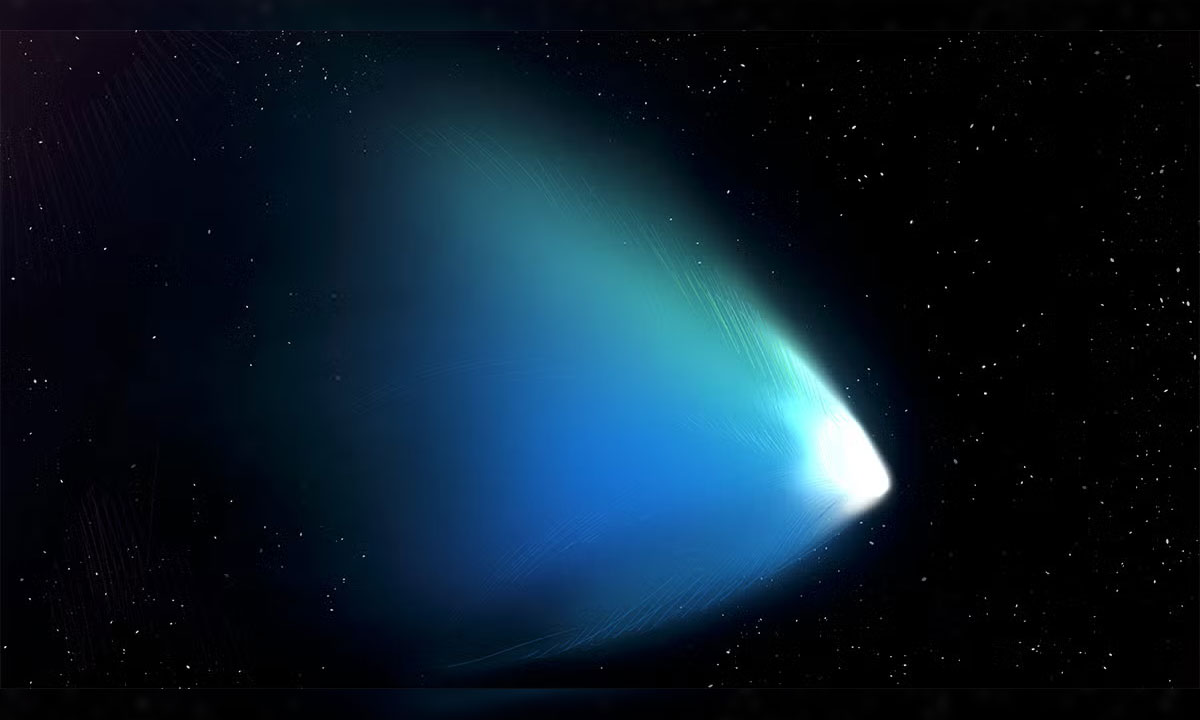
'Like nothing we've seen before': James Webb telescope spies a mysterious asteroid-comet hybrid lurking past Jupiter
By Skyler Ware published
The James Webb telescope has focused its attention on an oddball space rock lurking between Jupiter and Neptune. The unusual "centaur," named 2060 Chiron, has features of both comets and asteroids.

Lasers powered by sunlight could beam energy through space to support interplanetary missions
By Skyler Ware published
New research has found a way to power spacecraft with lasers generated using solar energy alone.
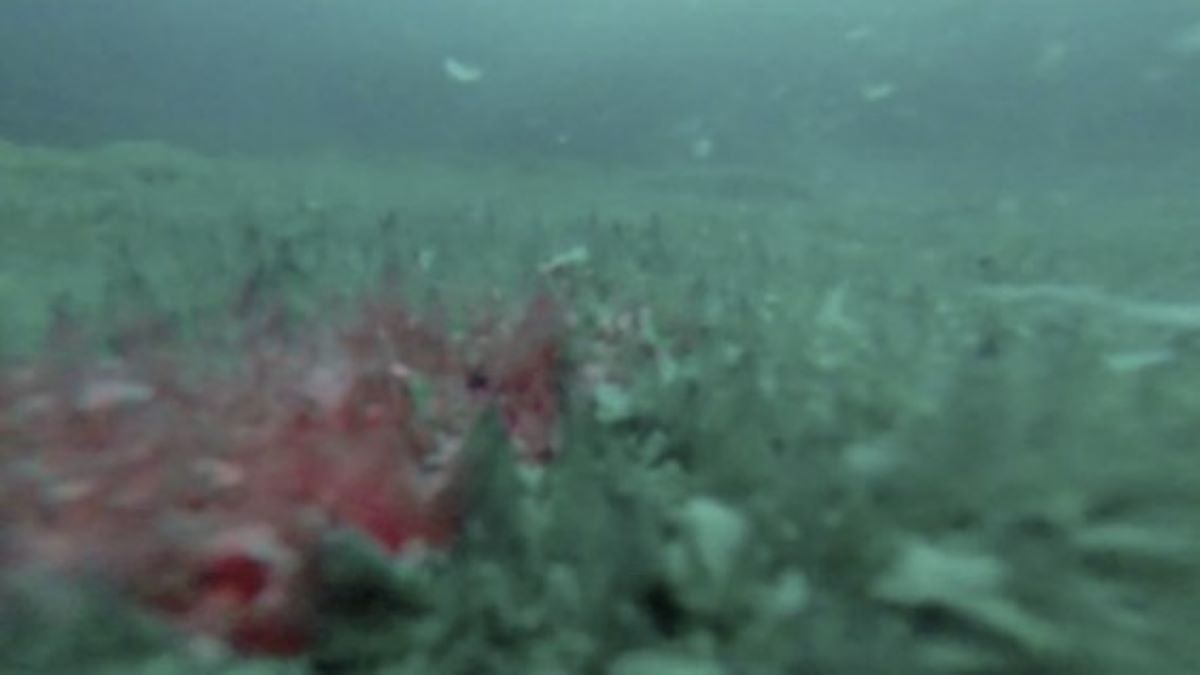
Scientists peered into a secret Antarctic lake hidden beneath the ice — and uncovered a never-before-seen ecosystem
By Skyler Ware published
Scientists investigating the frozen Lake Enigma in Antarctica discovered an ecosystem teeming with strange microbial communities.
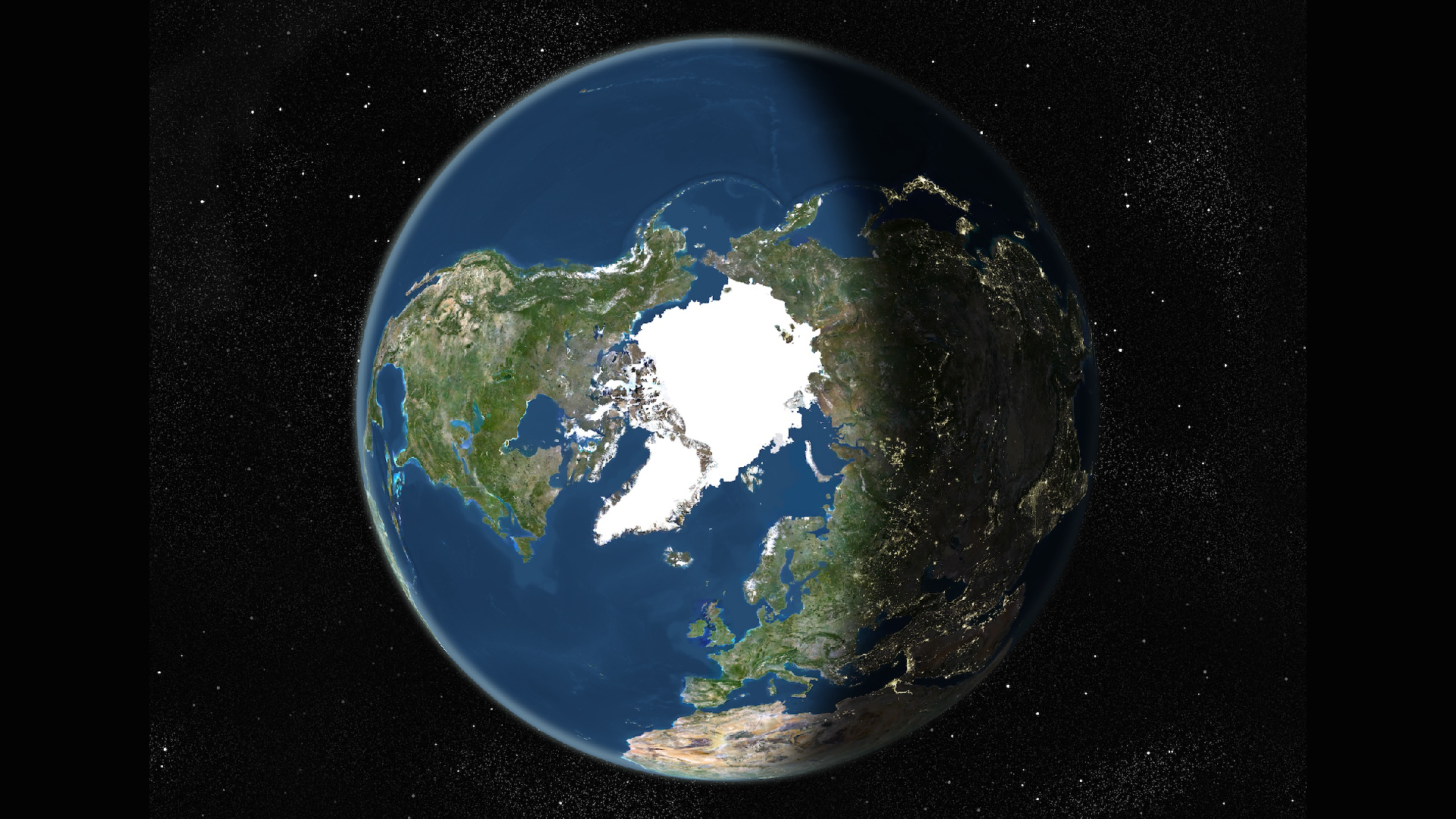
The position of the magnetic north pole is officially changing. Why?
By Skyler Ware published
The updated version of the World Magnetic Model was released on Dec. 17, with a new prediction of how the magnetic north pole will shift over the next five years. Here's why it was changed.
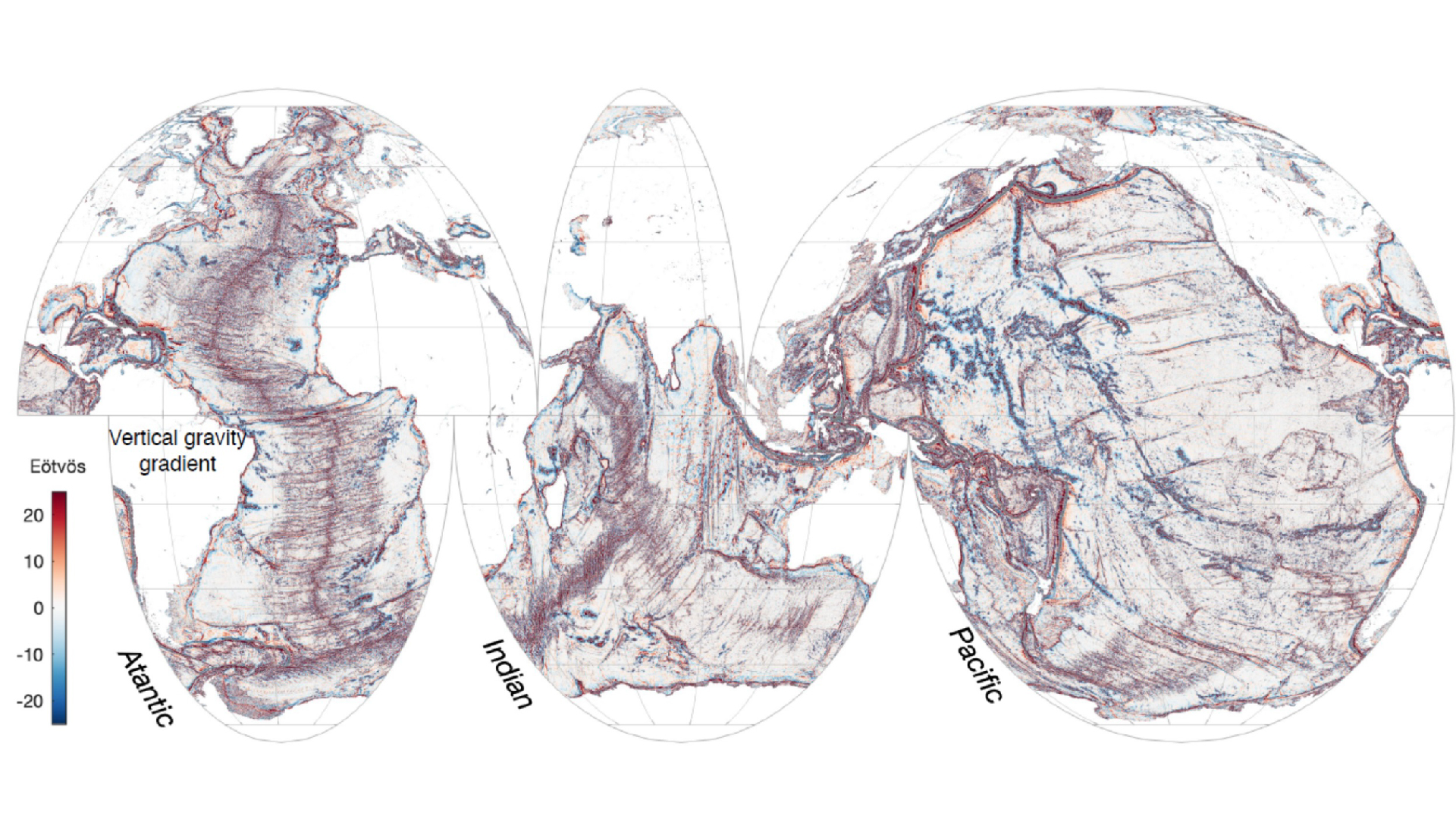
Satellites reveal stunningly detailed maps of Earth's seafloors
By Skyler Ware published
A newly-deployed satellite has created the most-detailed map yet of the ocean floor, finding hundreds of hills and underwater volcanoes that were previously missed.
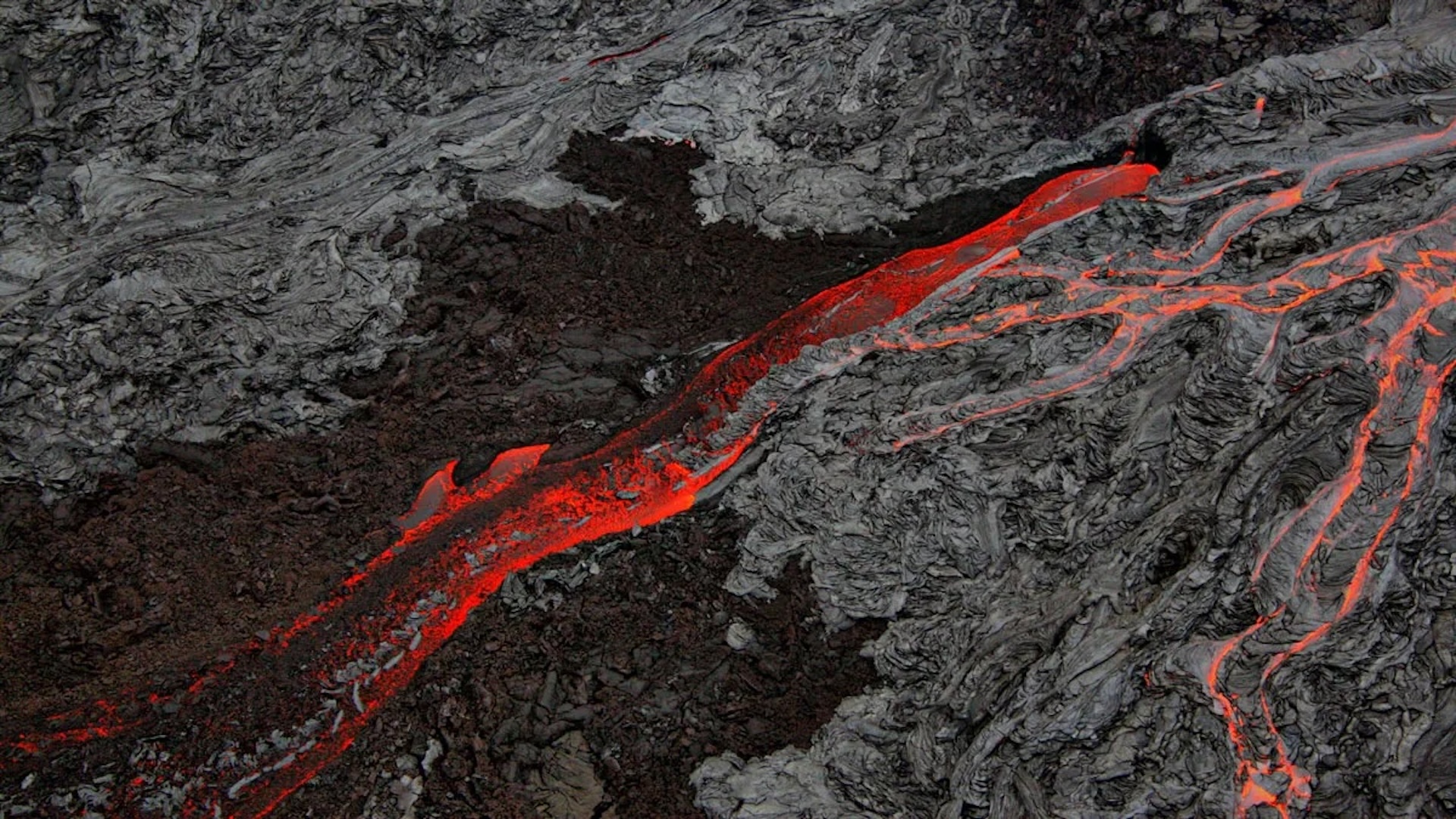
'Cryptic carbon' may leak from volcanoes millions of years after eruptions end
By Skyler Ware, Eos.org published
Dissolved carbon dioxide may have bubbled up from magma far below Earth's surface, contributing to prolonged warming.

Wolves in Ethiopia spotted licking 'red hot poker' flowers like lollipops
By Skyler Ware published
Wolves in Ethiopia that lick the flowers of the "red hot poker" flowers are the first known large carnivores to eat nectar.
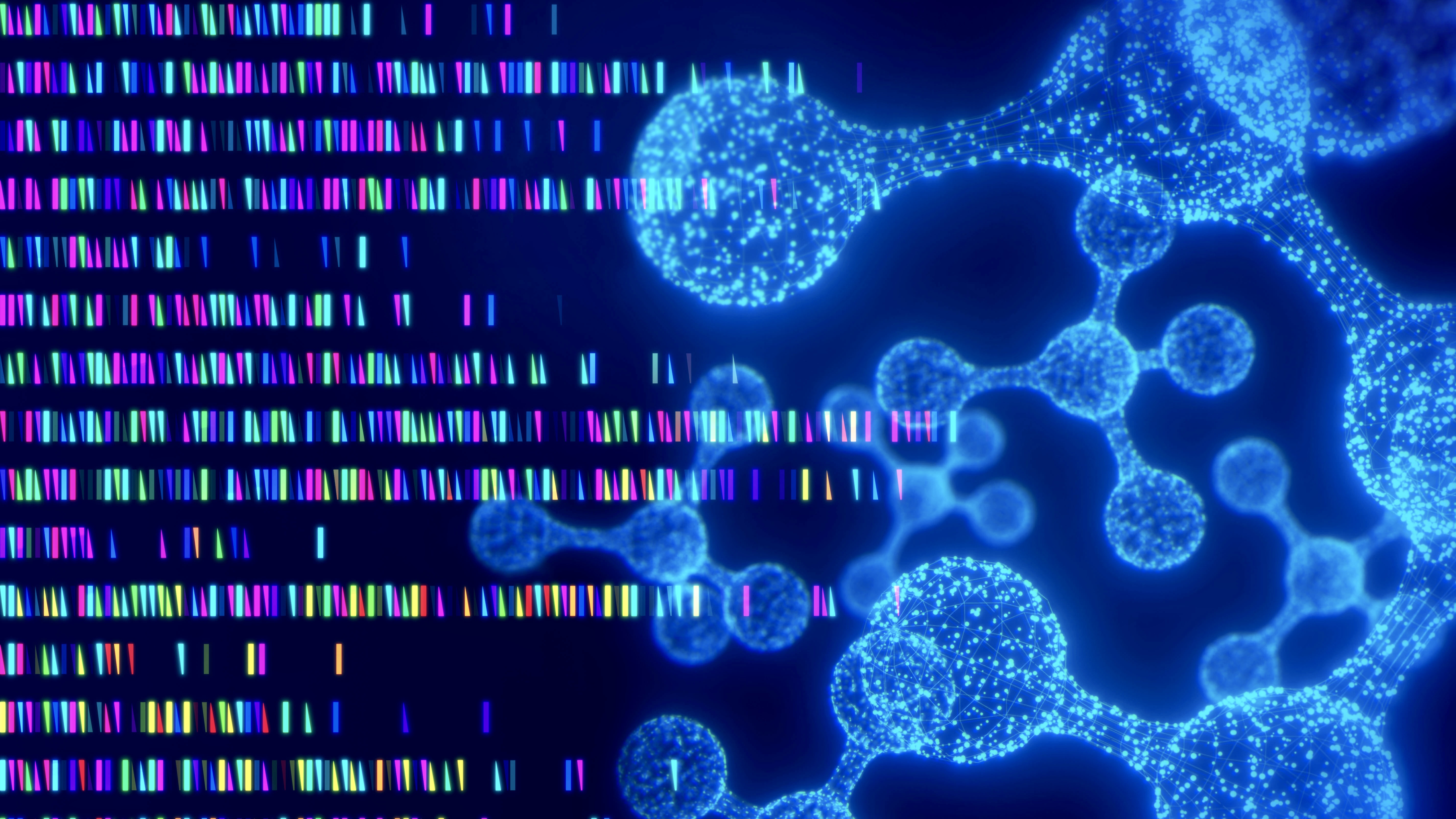
Meet Evo, an AI model that can predict the effects of gene mutations with 'unparalleled accuracy'
By Skyler Ware published
Evo is a large language model that is not trained on words but on the genomes of millions of microbes. It can accurately predict the effects of mutations.
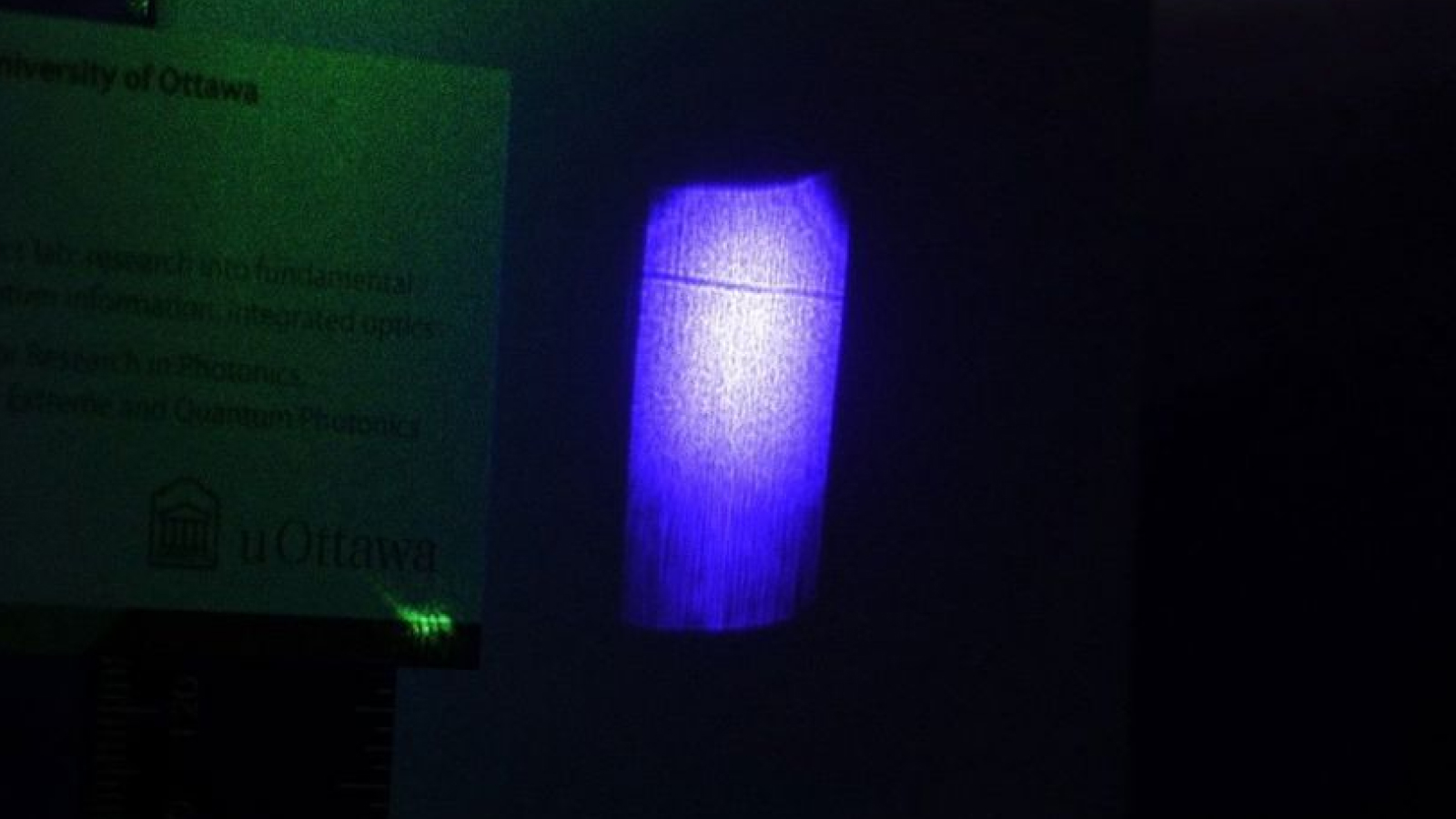
'It invites us to reconsider our notion of shadow': Laser beams can actually cast their own shadows, scientists discover
By Skyler Ware published
After discussing the quirks in 3D modeling software, where a laser beam is treated as a solid object that can cast a shadow, scientists decided to experiment in real life — and found that laser beams can indeed cast a shadow under the right conditions.

'Edge of chaos' neuroscience theory could lead to superfast computing chips that behave like superconductors
By Skyler Ware published
By tapping into the enigmatic theory of how neurons transmit signals, scientists have proven they can one day build computer chips with near-zero electrical resistance.

New memory chip controlled by light and magnets could one day make AI computing less power-hungry
By Skyler Ware published
A new type of ultrafast memory uses optical signals and magnets to efficiently process and store data.
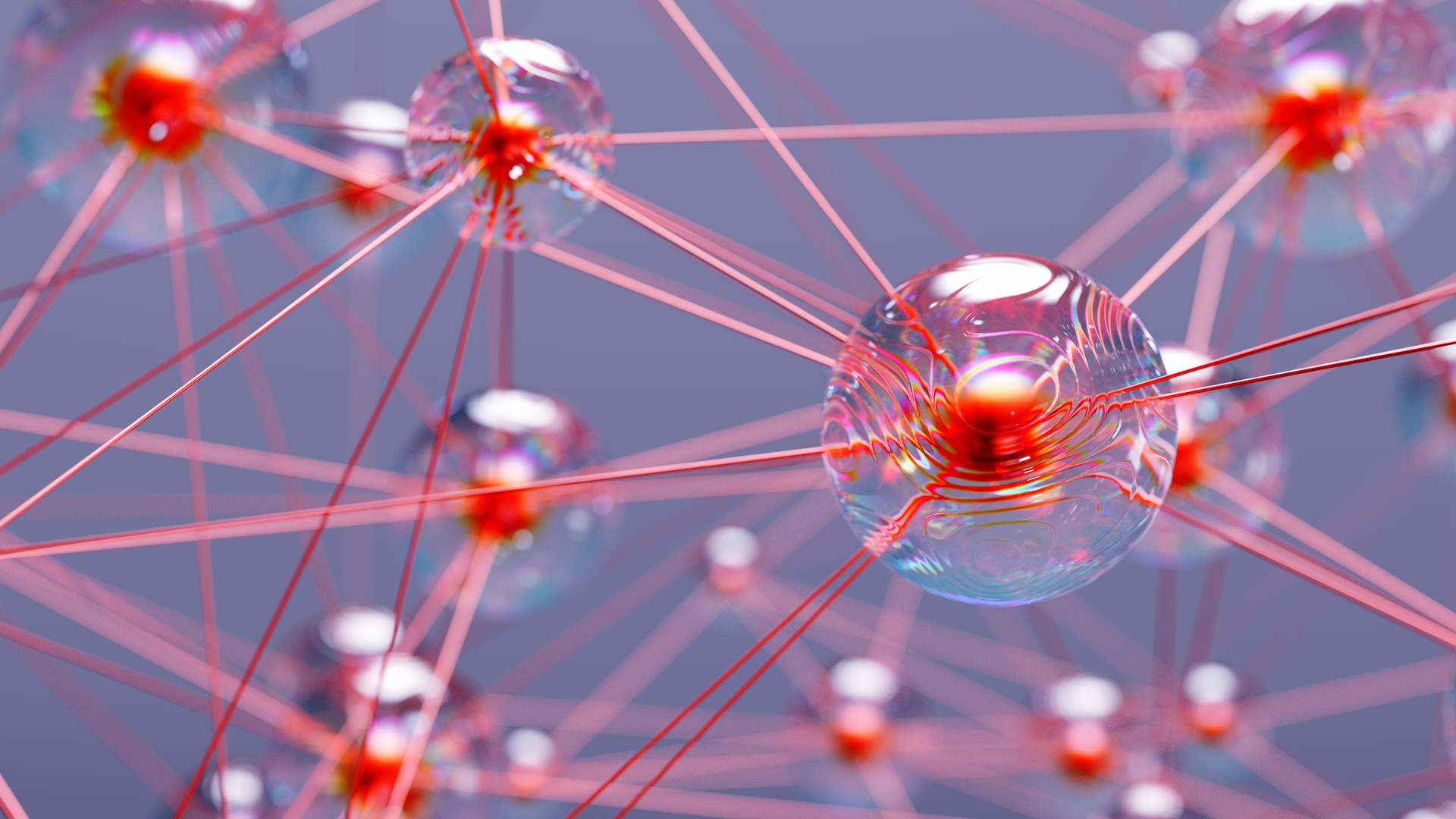
Chemists broke a 100-year-old rule to make extremely unstable molecules
By Skyler Ware published
Scientists have just broken a 100-year-old chemistry rule and synthesized a type of 3D, unstable molecule called an anti-Bredt olefin.
Sign up for the Live Science daily newsletter now
Get the world’s most fascinating discoveries delivered straight to your inbox.
